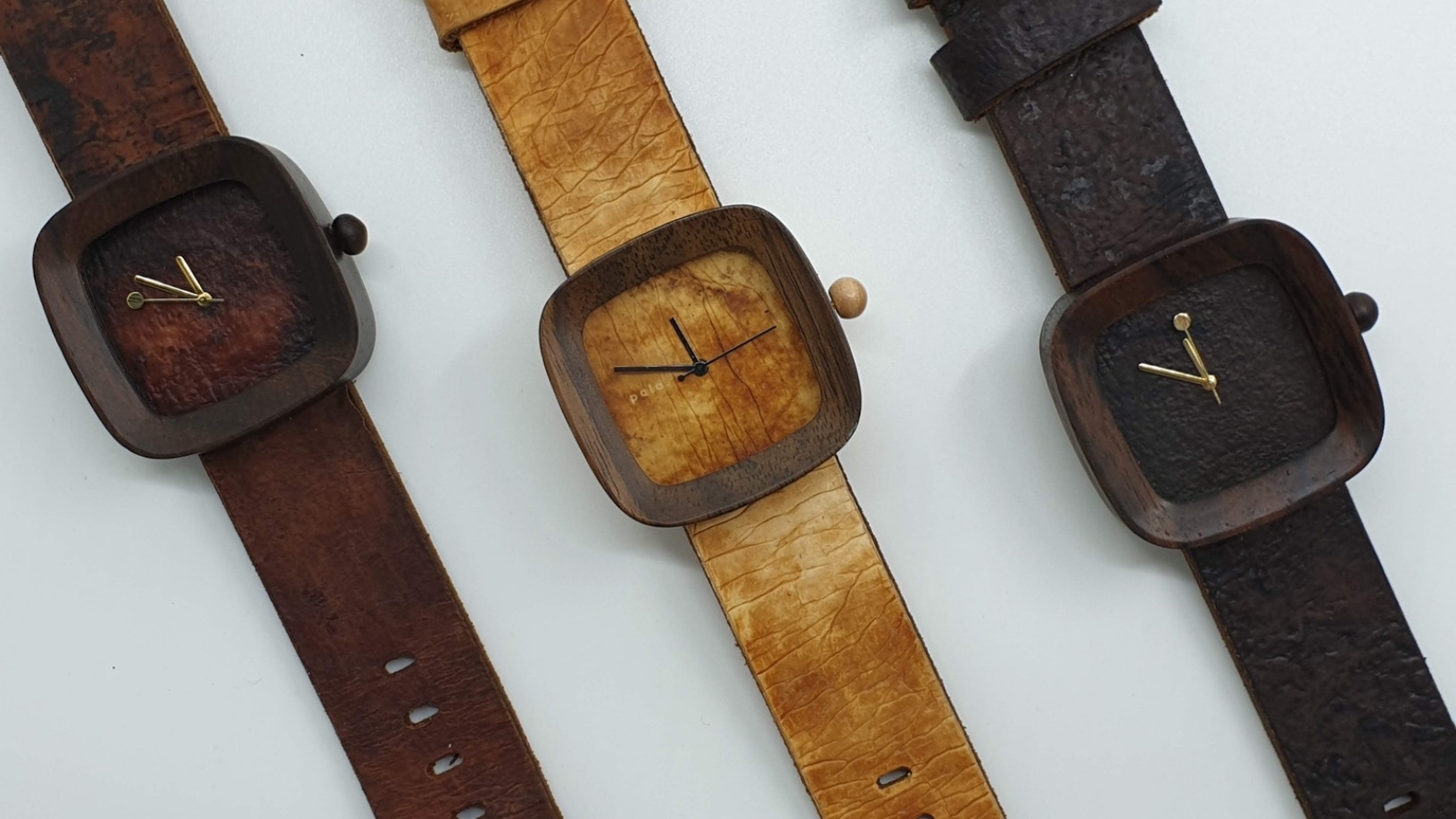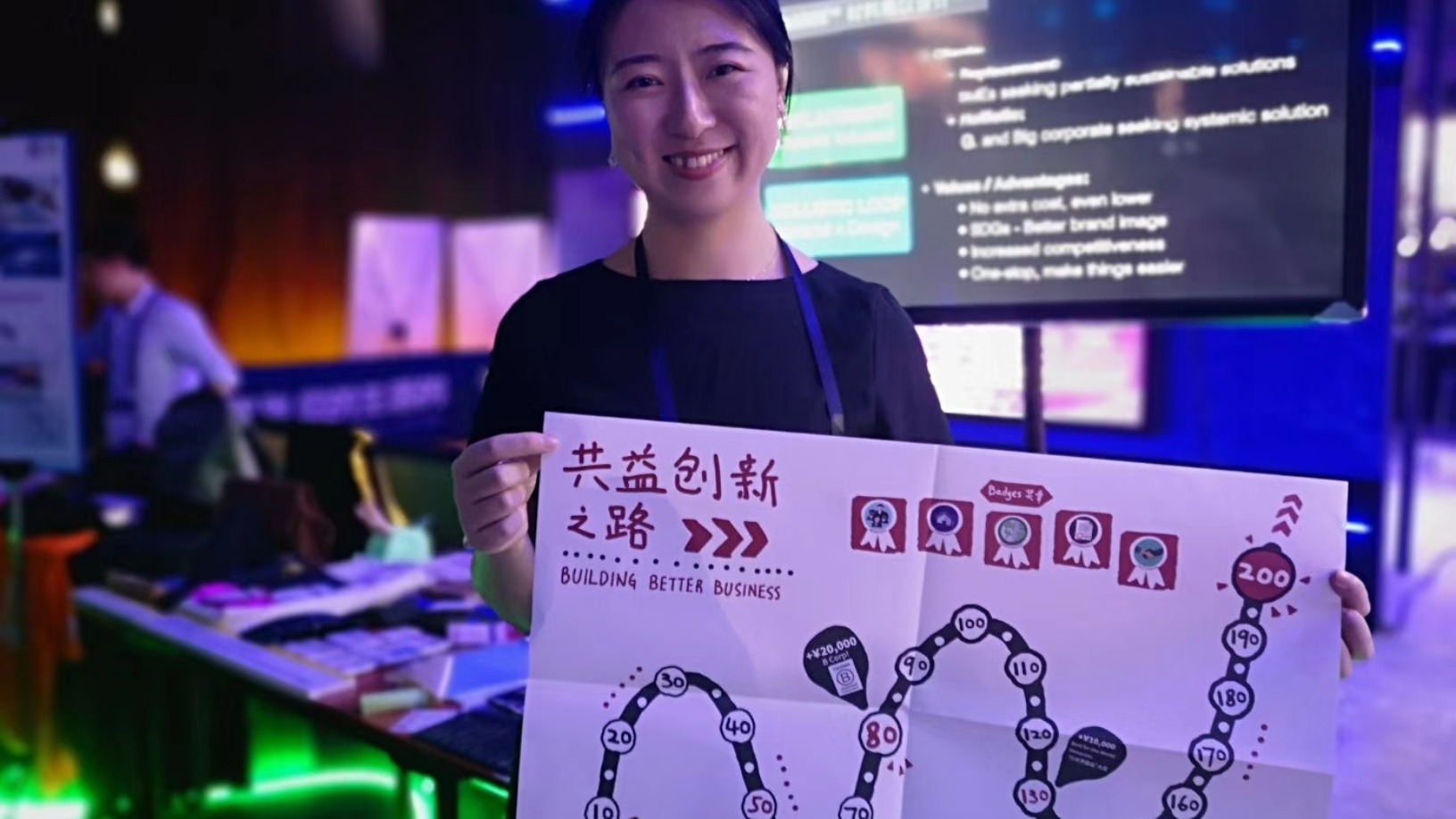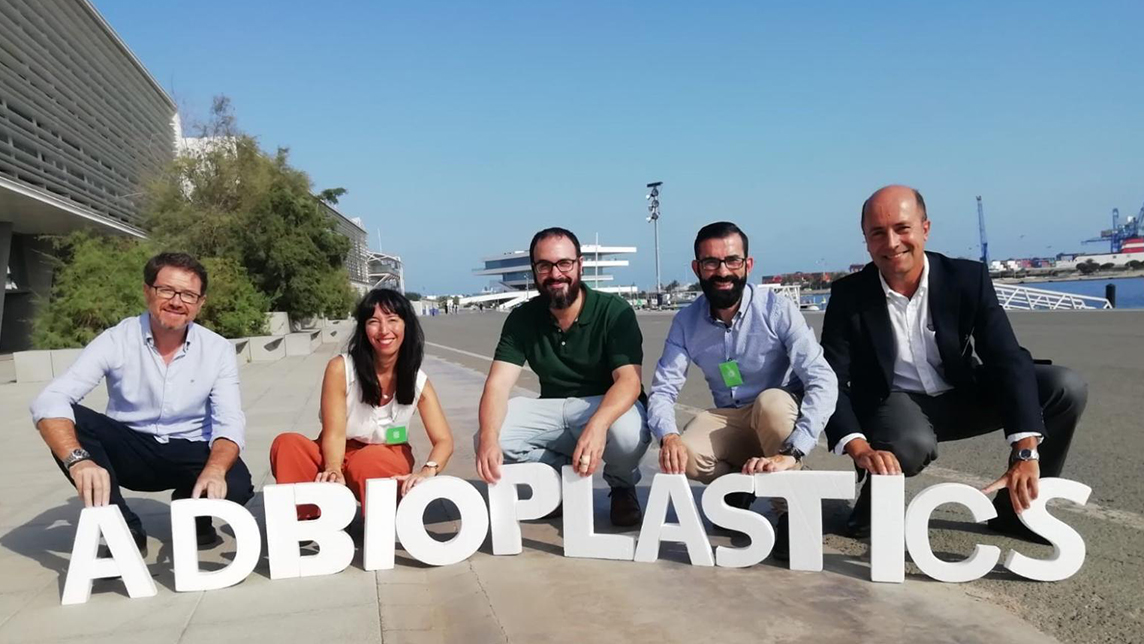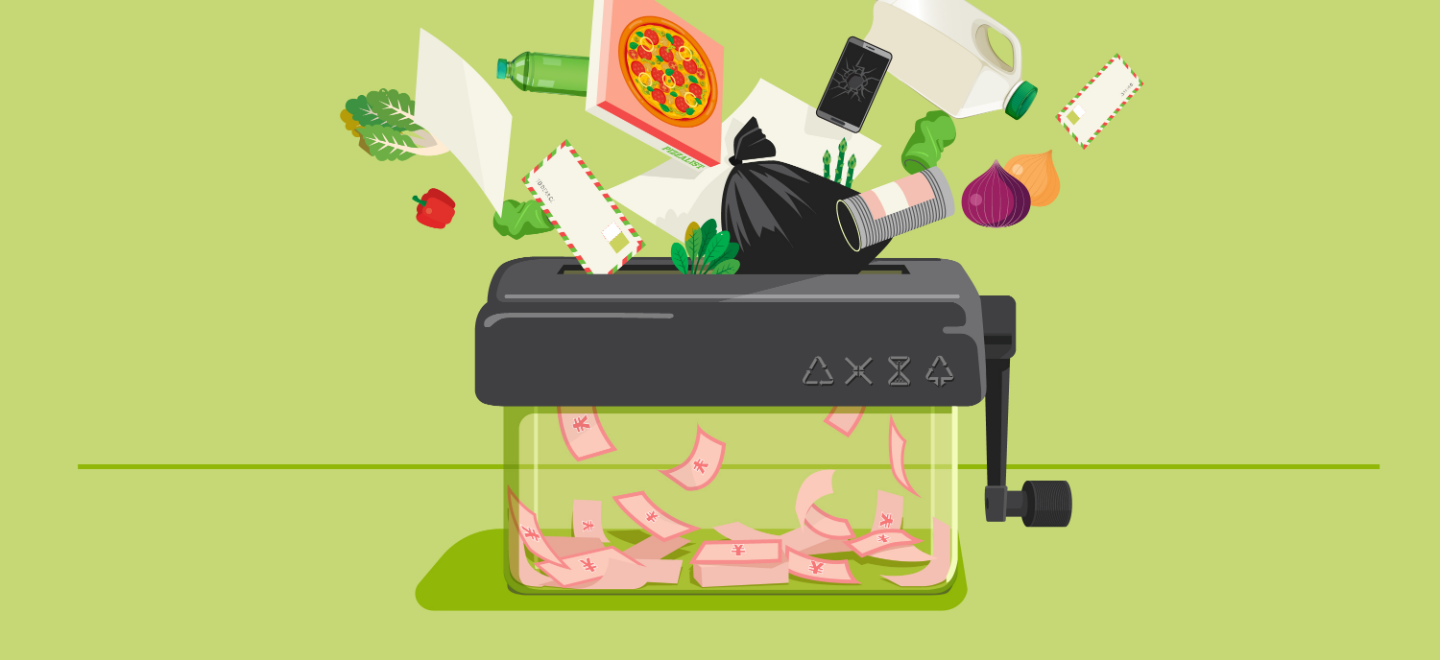For centuries, leather has been a staple for the fashion industry but increasingly, concern about the harmful pollutants and carbon footprints involved in its production has cast doubt on its sustainability. More consumers are also taking up vegan lifestyles (or at least part of it) as animal welfare concerns enter the mainstream and vegan products become more popular.
Synthetics, such as PVC and polyurethane, are affordable and popular substitutes that are close to genuine leather. But being derived from fossil fuels, they are also not as environmentally friendly as they are hoped to be. Bio-based leather are becoming more widely available, but most kinds are still more expensive than genuine leather.
Two Indonesian startups, Mycotech and Bell Society, are joining the search for the ideal vegan leather. They have attracted global interest from fashion brands for their innovative processing of agricultural and forestry waste to produce vegan leather that’s affordable and easily scalable for mass production.
Mycotech cultivates mushrooms to make their vegan leather, while Bell Society uses micro-organisms like bacteria to create leather-like cellulose layers. The materials look and feel like real leather, using up less water and harmful chemicals in the production process.
Founded in 2019, Bell Society was experimenting with ways to make substitutes for paper products when it discovered that vegan leather could be made from the cellulose produced by bacteria used for fermentation.
“We ended up with a product that's quite thick, and it was suitable to replace leather,” Arka Irfani told CompassList in an online interview. Misel is now used by local brands in Bandung and the startup is also making its own line of cardholders and wallets.
Separately, Mycotech co-founder Ronaldiaz Hartantyo said the company decided to switch gears in 2018 to produce a new material “Mylea” after learning more about the growing interest in vegan leather. Mycotech recently concluded a successful Kickstarter campaign to produce mushroom-leather straps for watches, co-produced with local watchmaker Pala.
Lucky discovery of innovative materials
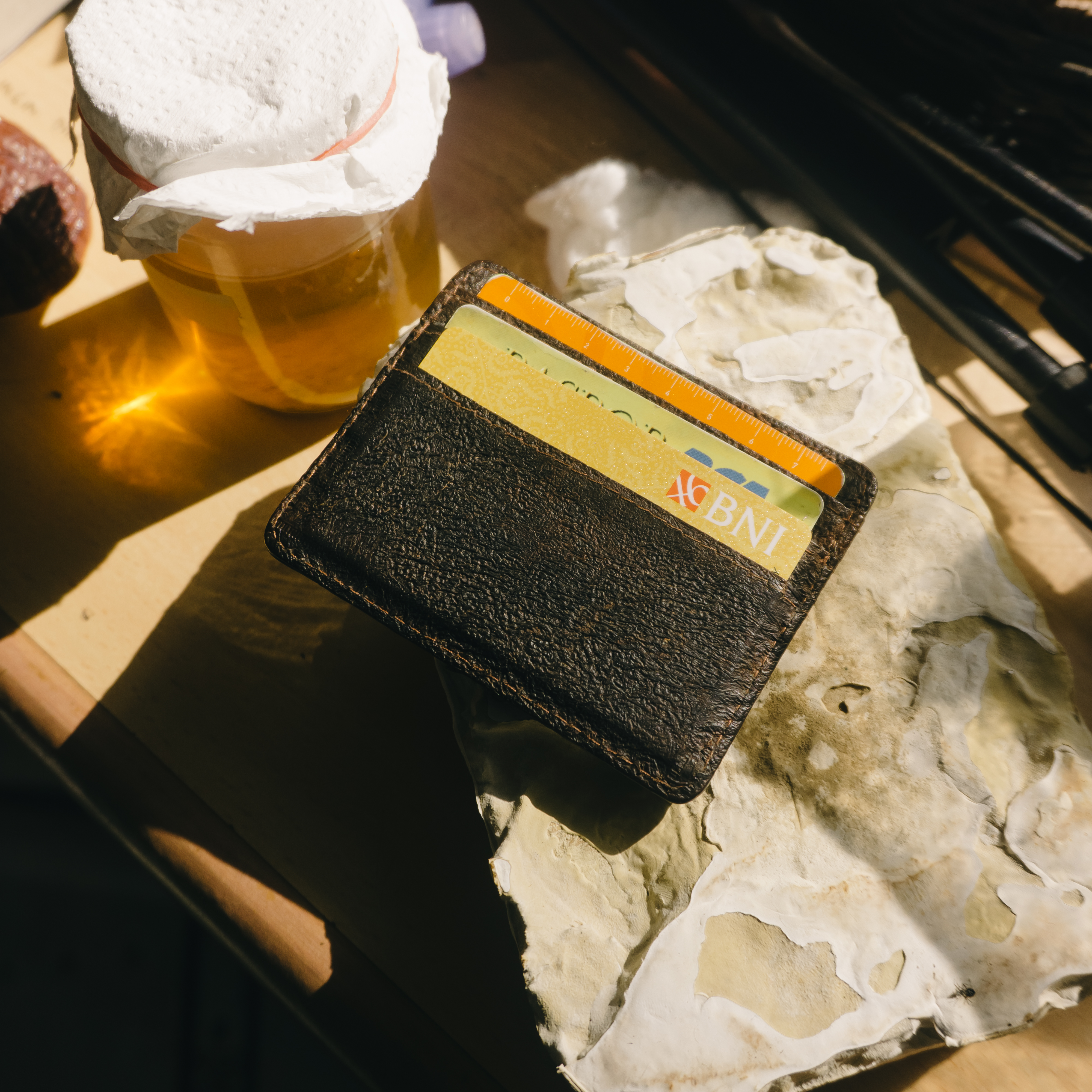
Founded in 2015, Mycotech started out by cultivating mushrooms to make fiberboard replacements. They secured some project-based work, including with Swiss university ETH Zurich, but struggled to gain traction. The researchers were looking for ways to improve the product when they discovered that mushrooms could be used to make a leather-like material.
“It was a lucky find. Our researchers found that the mycelium layers were thick enough to peel,” Hartantyo said. In 2019, the startup began working with various local brands to produce 50 prototypes, including a vegan leather dress that was showcased in Jakarta Fashion Week.
Meanwhile, Bell Society was co-founded by students at Institut Teknologi Bandung who were trying to produce a paper replacement using the same bacteria used to ferment kombucha tea. The bacteria produce celluloses, the plant molecule that makes up paper materials.
According to Hartantyo and Irfani, the vegan leather looks and feels almost like the real deal, almost as strong as genuine leather. Their companies also do not use heavy metals in the production process, unlike the tanning process of animal leather production. The two startups use waste from agricultural and forestry production processes, like sawdust and pineapple peels. The carbon footprints are, therefore, much lower than that of rearing cattle and also helps to boost revenue for the waste-generating manufacturers.
Challenges of mass production
Still at the early development stage, both Mycotech and Bell Society hope to price their products competitively at a similar level as widely used synthetic leathers like PVC and polyurethane. Bell Society is aiming for a price range of IDR 100,000–150,000 per sqm.
Mycotech’s production cost for Mylea is “a fraction of genuine leather,” even at the current small scale of 185.8 sqm a year. “We are targeting high profitability while still being affordable, so what we need is economies of scale,” said Hartantyo. The startup has already received letters of intent from well-known international brands like Fossil.
Achieving big production volumes is not just a matter of economies of scale, it’s crucial for factories to be able to fulfil large orders for commercial clients and global brands. The current capacities of both startups have not yet reached sufficient levels to even make prototypes for potential customers like Fossil. The two companies share a similar mass production strategy. Rather than trying to build their own factories, they plan to license their technology and create a decentralized production network.
Bell Society has secured an agreement with a landowner in Bali to set up a production plant, using locally sourced coffee waste to produce Misel. “We met our partner in Bali at the Swiss Innovation Challenge finals. They were impressed and talked to us about converting a site formerly used to manufacture statues,” Irfani said. But Covid-19 has put this plan on hold. In the meantime, Bell Society is still working with a tomato seed factory in Bandung to get the waste they need to produce Misel.
Meanwhile, Mycotech is looking into collaborations with the agroforestry and food manufacturing industries. Each manufacturing plant can produce as many as 18 types of waste, opening up a range of opportunities for research and mass production, said Hartantyo. “There are many factories like this in Indonesia, with the potential of 120m tons of waste produced every year. If that’s converted to Mylea, it can lead to an output of 5.6 bn sqm of Mylea every year."
